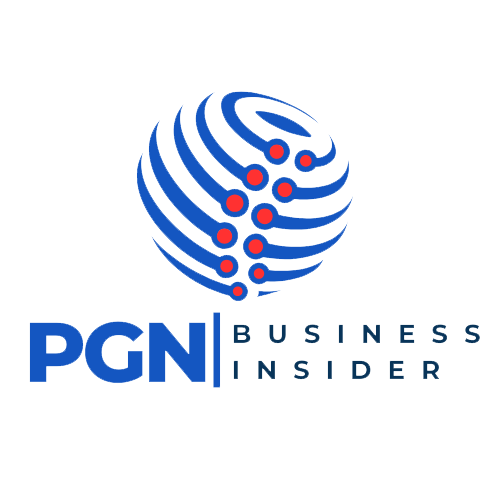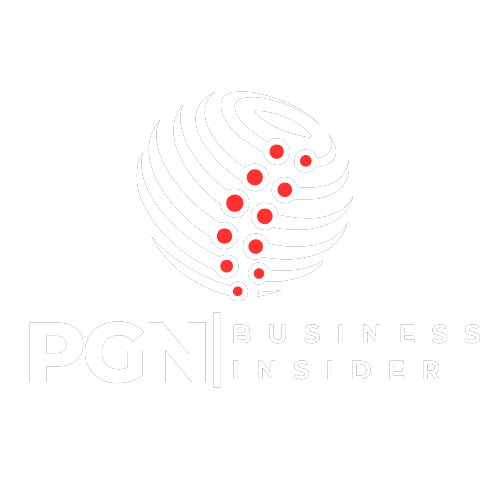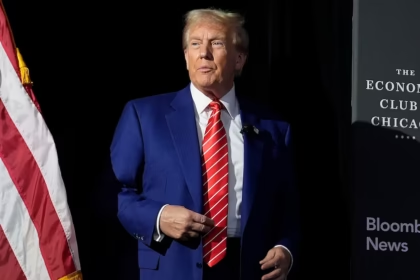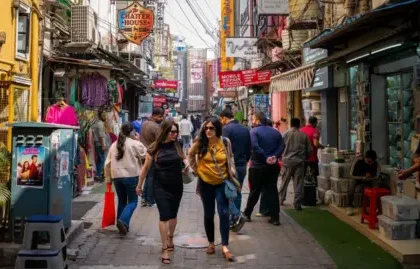President Donald Trump’s tariffs lack a consistent stated objective, shifting from punitive measures to selective pauses that benefit well-connected firms. Since launching “reciprocal tariffs” in early April 2025—peaking at 145 percent on Chinese imports—Trump has alternated between hardline postures and brief reprieves, notably a 90-day pause for most countries announced April 9. That inconsistency has drawn criticism from economists, frustrated global trading partners, and U.S. industry leaders, who warn the unpredictable policy undermines markets, risks corruption, and fails to deliver on promises to rejuvenate American manufacturing.
Lead
Who: President Donald Trump, Treasury Secretary Scott Bessent, CEOs of major U.S. retailers, global trade negotiators
What: A series of escalating tariffs followed by ad hoc exemptions, with no clear endgame or coherent rationale
Where: Announced from the White House Oval Office and via Truth Social, impacting U.S. and global markets
When: Tariff hikes began April 2, 2025; 90-day pause announced April 9; analysis published April 23, 2025
Why: Officially to rebalance trade and protect U.S. industry, though the strategy appears internally inconsistent and driven by leverage rather than a defined economic plan, according to Wikipedia
From “Liberation Day” to High Tariffs
On April 2, dubbed “Liberation Day,” Trump unveiled minimum 10 percent tariffs on all imports and raised sector-specific duties, reaching 145 percent on Chinese goods, arguing that trade deficits harmed U.S. interests (Wikipedia). Within days, China retaliated with tariffs of at least 125 percent on American exports and controls on rare-earth minerals. The moves triggered a sharp market downturn, with the S&P 500 plunging into bear-market territory before brief recoveries,
Pause and Exemptions: “Let’s Make a Deal” Mode
Two weeks after the initial hikes, Trump announced a 90-day suspension of new “reciprocal tariffs” for all countries except China, shifting to a “let’s make a deal” mode. The pause applied to 57 nations and exempted goods already in transit until May 27, but left core auto, steel, and aluminum levies intact, according to Wikipedia. Electronics—such as smartphones and computers—also won temporary relief following direct appeals from major firms.

Business Response and Corruption Concerns
CEOs of Walmart, Target, Lowe’s, and Home Depot personally lobbied at the White House for tariff carve-outs, highlighting the burden on U.S. consumers and supply chains. Apple secured an exemption after Tim Cook’s call to the president, underscoring fears that only firms with White House access benefit. Critics warn this “whisper in the president’s ear” approach risks favoritism and corruption, as no formal exemption process exists.
International Reaction: Confusion and Frustration
The EU’s trade chief left Washington “with little clarity on the American stance,” according to Bloomberg and Reuters. Japan’s Prime Minister Shigeru Ishiba expressed “grave concern” over erratic U.S. policy. China’s Foreign Ministry urged the U.S. to “stop threats and coercion” and negotiate on “equality, mutual respect and reciprocity,”.
Economic Impact and Expert Criticism
The International Monetary Fund forecasted markedly slower global growth amid the tariff shock, warning that the 80-year post-war trading system is “being reset,” according to Wikipedia. Goldman Sachs CEO David Solomon called the uncertainty “unproductive” and warned of a near-term economic drag, according to Reuters. London Business School’s Joseba Martinez characterized the policy as “internally inconsistent” if the aim is U.S. reindustrialization—tariffs can coerce deals or force reshoring, but not both simultaneously, according to Wikipedia.
What’s Next
- Formal talks or more pauses? No structured negotiation mechanism has been announced, leaving companies guessing who holds exemption authority—only the president can grant relief.
- Potential market volatility: Absent clear objectives, analysts expect continued whipsaw in stocks, bonds, and currency markets.
- Political stakes: With midterm elections looming, tariff policy may be leveraged for domestic political gains rather than strategic economic reform.
For more business News, check PGN Business Insider.

















